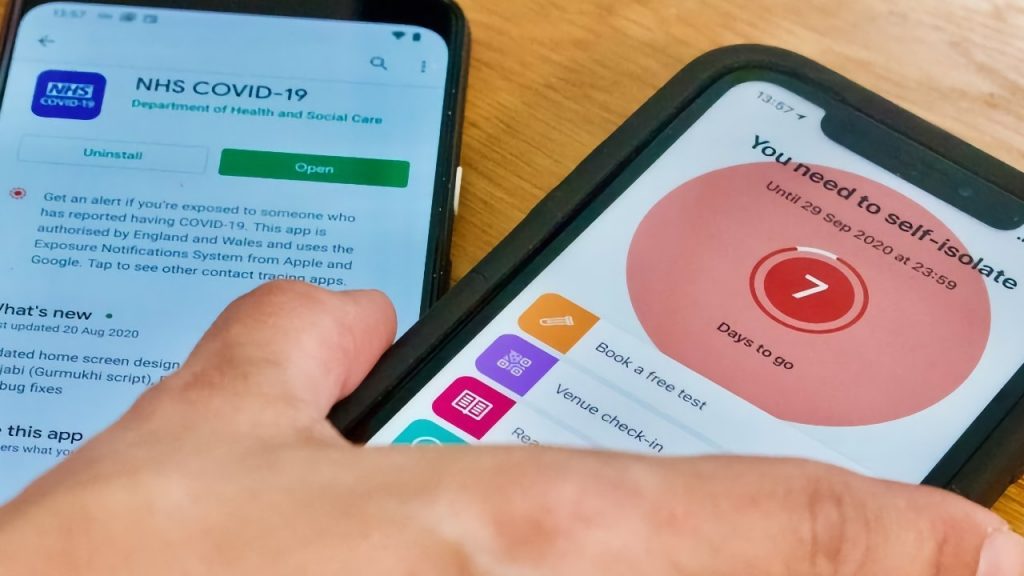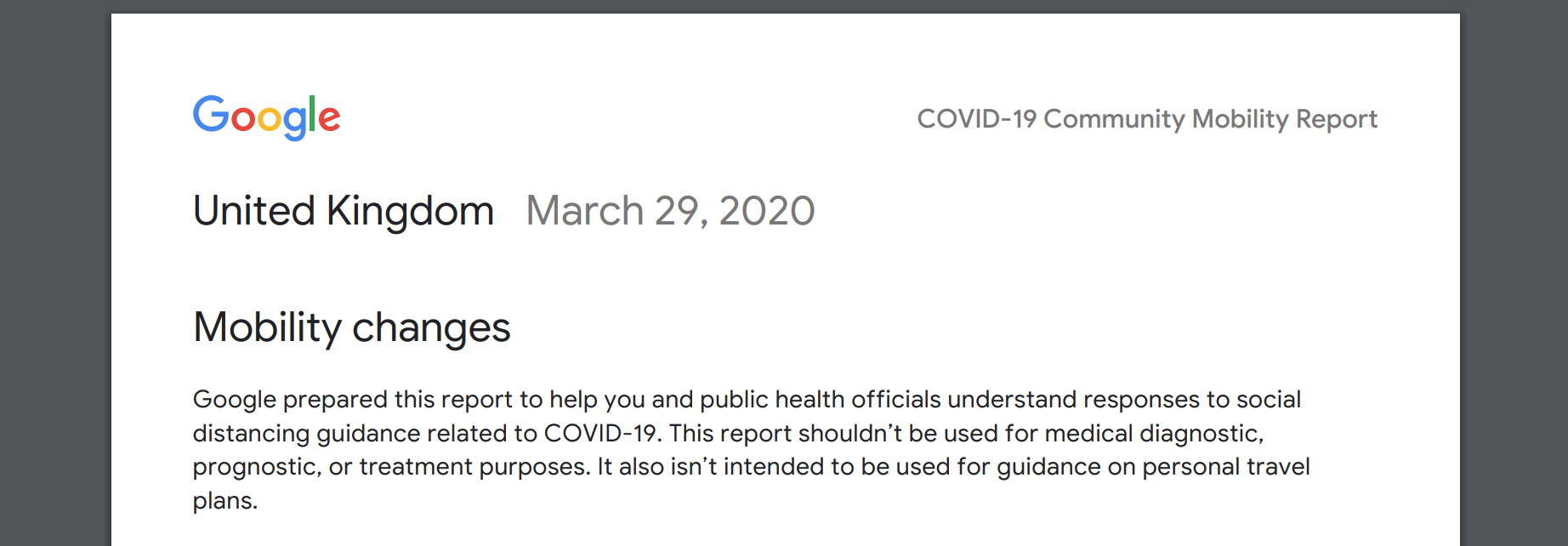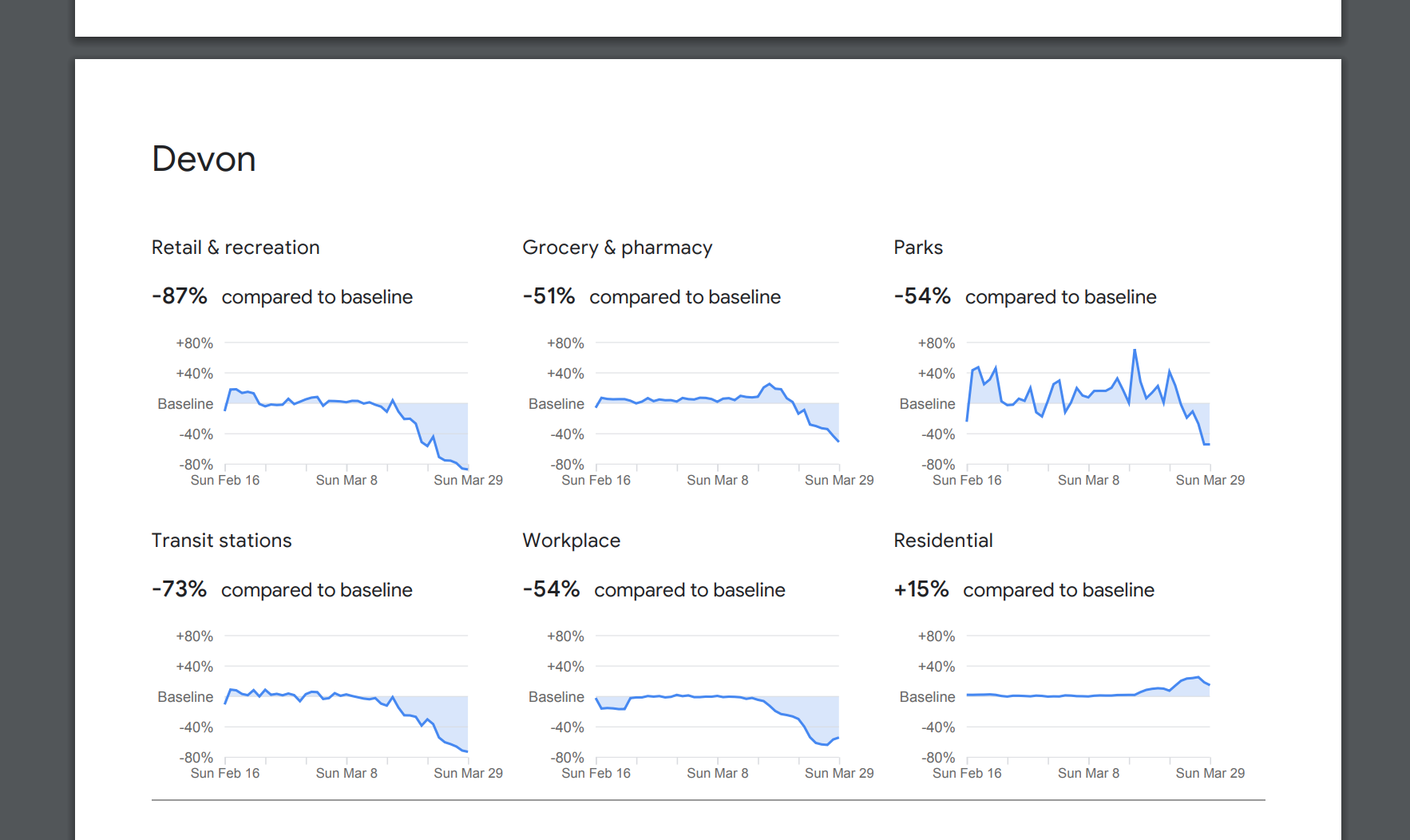The NHS COVID-19 app, run by the Department for Health and Social Care (DHSC), has had its latest update blocked due to a breach in the privacy terms outlined by Apple and Google.
NHS Coronavirus app, available on Apple and Android devices, was designed to include a new feature that would allow users (upon showing a positive COVID test result) to upload a list of all locations and establishments they have visited using a phone scan QR code.
The Exposure Notification System built into the app’s software would then alert other users who had entered the same venue to monitor their symptoms or to immediately be tested. This update relies on location tracking for its function – a tracking type heavily reliant on Bluetooth monitoring of surrounding devices with the app installed – outlawed by Apple and Google privacy agreements.
This is the latest in a calamitous string of COVID app mishaps by the UK Government who had only recently scrapped plans for their own rival system to the Apple and Android contact tracing system.
Total development of the UK based rival tracking app cost £12 million over a 3 month period, but was eventually rejected due to battery life issues, privacy concerns over Bluetooth’s potentially invasive interaction with, and data collection from, other apps installed on the device such as Facebook and Twitter. As a consequence, the Apple and Android app was adopted even with the concerns over restrictions of location data.
As the UK returns to a quasi-normal state with Phase 2 of lockdown lifting measures being rolled out today, this news comes as a blow for the Department of Health who have released a statement reassuring the public that the update blockage does not affect the overall functionality of the NHS COVID-19 app and that there are “discussions ongoing with our partners to provide beneficial updates to the app which protect the public”
Instead of the updated version, the previous form of the app will still be obtainable in both the Google Play and iOS App Stores.



